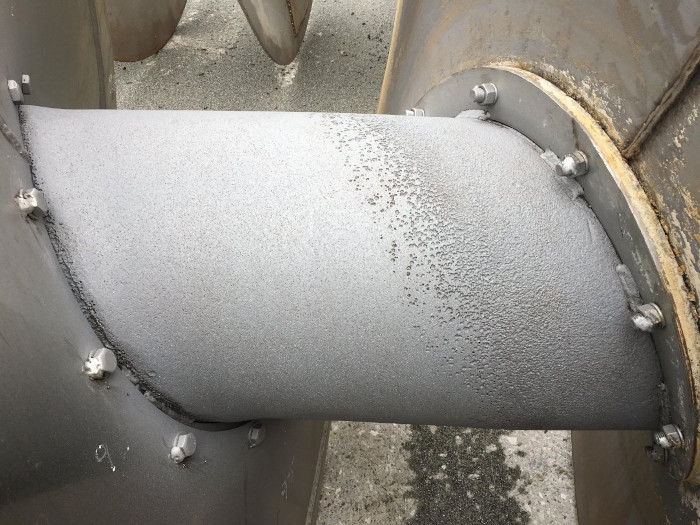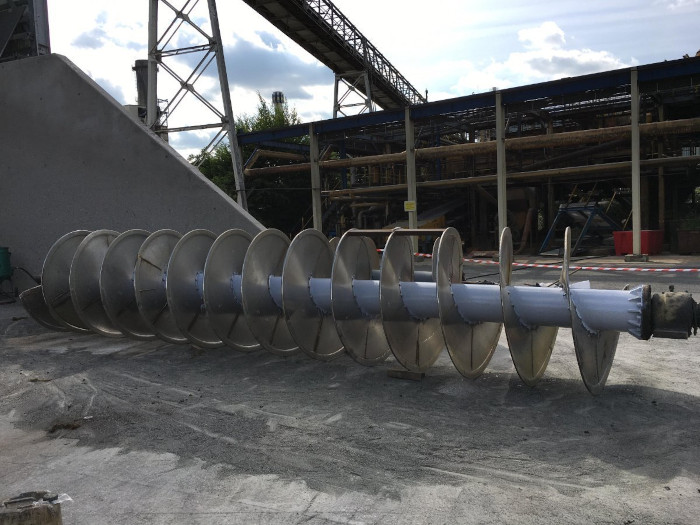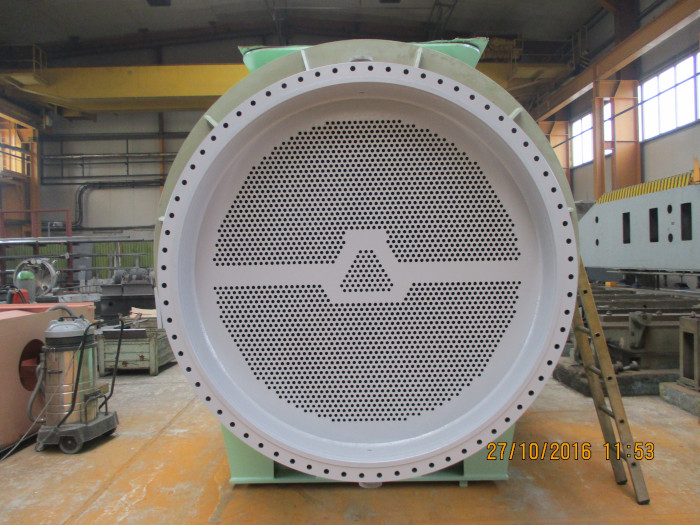Maintenance Solutions for the Sugar Refining Process
The sugar refining process involving the extraction of sugar from either sugar beet or sugar canes, makes for an aggressive environment where moisture, abrasion and temperature are all present and damaging to the machinery and equipment involved in the process.
Belzona’s cold-curing composite repair materials and industrial coatings have been proven to meet the challenges of this environment and actively increase the longevity of key sugar refinery assets.
Abrasion resistant polymeric systems for screw conveyor protection
Screw conveyors can experience considerable amounts of abrasive wear due to the solid materials they process. This can result in a number of problems such as severe abrasion in the trough as well as the wearing down of the flights in the screw. In turn, this can lead to loss of efficiency, increased equipment power consumption and the overall shortening of the equipment’s operating life.
To combat these problems, Belzona 1000 Series polymeric systems can be used to rebuild damaged areas and protect against future wear. Materials such as Belzona 1321 (Ceramic S-Metal), Belzona 1812 (Ceramic Carbide FP), Belzona 1818 and can provide abrasion resistant sacrificial linings that work to extend the lifespan of equipment and slow down the abrasive process.
High-performance coatings for diffusers and condensers
Diffusers and condensers regularly operate at elevated temperatures which increases the rate of erosion-corrosion, abrasion by entrained solids, chemical and microbiological attack. Belzona’s range of high temperature coatings, including Belzona 1381, Belzona 1391T, Belzona 1593 and Belzona 5892 are specially designed to provide excellent levels of protection to equipment operating in immersed environments at elevated temperatures.
Improve pump efficiency with 2-part epoxy pastes and anti-corrosion coatings
In the sugar industry, pumps can sustain damage due to erosion-corrosion, chemical and microbiological attack (acidic or alkaline liquids).
Conventional solutions may involve replacing the pump casing and impeller, however, this process can require a significant amount of financial expenditure and can result in extended periods of downtime due to manufacturer lead times.
Another solution may be to reprofile the substrate by welding plates onto it. This method also has its limitations as it can lead to Heat Affected Zones (HAZ) which can leave the substrate in need of further work in order to achieve a smooth finish for efficiency.
Belzona’s 1000 Series of 2-part epoxy paste systems and anti-corrosion coatings can be used to rebuild pump profiles and protect the pump from future erosion-corrosion damage respectively.
External repair and protection of Glass Fused Steel (GFS) Tanks
External corrosion and environmental damage due to physical damage or condensation can lead to corrosion and leaking welds in Glass Fused Steel (GFS) Tanks.
One method that may be used to rectify the damage includes the bolting of external plates over the problem areas. However, this technique requires the tanks to be taken offline to install the plates. In doing so, significant costs can be incurred due to the amount of downtime and labour required in this process.
Belzona’s 1000 Series of cold plate bonding solutions and epoxy repair composite systems provide an alternative, reliable solution to conventional methods. Without the need for specialist tools, these systems can be quickly applied to the exterior of the tanks whilst the tank is still online. This process helps to maximise the uptime of the facilities and therefore increase their profitability.
Repair shafts with epoxy metal repair systems
Over time, mechanical equipment such as shafts can become damaged due to vibration, friction, abrasive contaminants and corrosion wear. While maintenance personnel may choose to replace the damaged equipment with more of the same equipment, this leaves the substrate susceptible to the same problem reoccurring.
Another repair method may be to weld plates onto the shaft followed by machining. However, this can lead to lengthy periods of downtime as it requires the shaft to be moved to a workshop area.
To bypass this time-consuming and expensive process, Belzona 1000 Series of composite repair materials can be deployed. These epoxy metal repair systems can be applied in situ by using formers, therefore mitigating the need to take the equipment offline in order to carry out the repair procedure.
To improve shaft efficiency, Belzona 1131 (Bearing Metal) has a unique microporous structure which allows it to trap and hold lubricating oil. This technology is designed to minimise the friction at start-up and therefore works to improve the efficiency of mechanical equipment.
Conveyor belt repair and protection
In the sugar industry, conveyor belts are used to transport the beat prior to and after being cleaned and sliced. During this process, conveyor belts are exposed to excessive wear as a result of the materials they transport and the friction generated from the rough sliding and impact of these hard materials.
As part of their design, the equipment surfaces are expected to absorb some of the energy of this impact, yet jagged and sharp material can still penetrate the rubber material, tearing and splitting the conveyor belt.
To repair this damage, the 2-part polyurethane resin, Belzona 2311 (SR Elastomer) can be deployed. Designed for a fast repair, rebuilding and coating of rubber and metal components, this flexible rubber repair material is designed for emergency and permanent applications where high-build, durability, elasticity, high abrasion and tear resistance are required.
This system is also manufactured in white, making it the ideal solution for food processing/manufacturing plants.
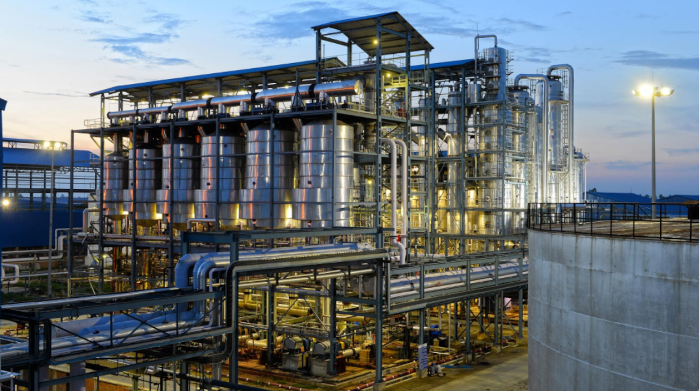
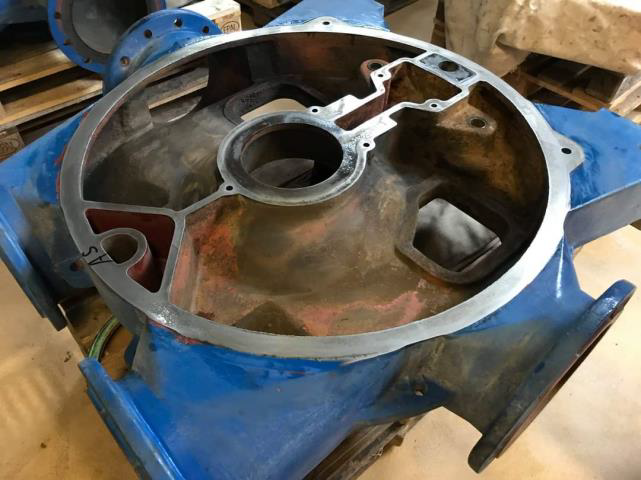
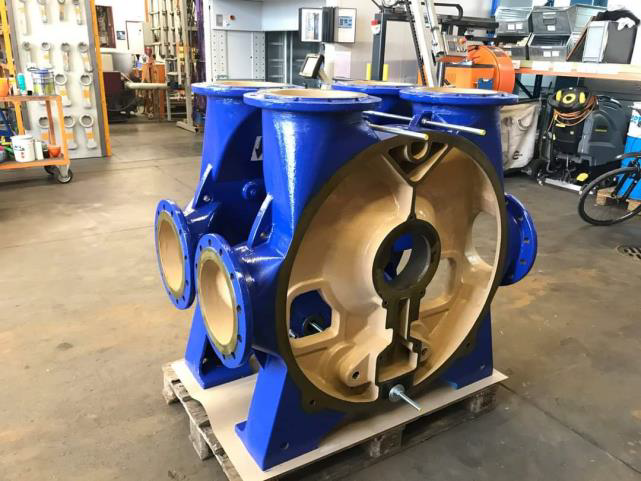
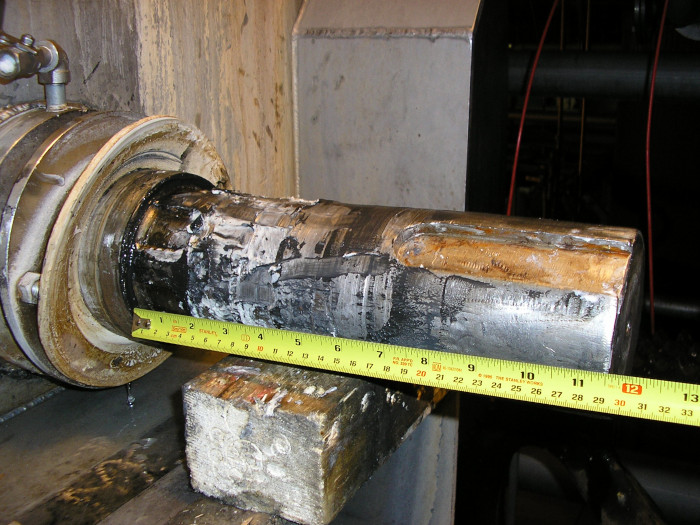
.jpg)
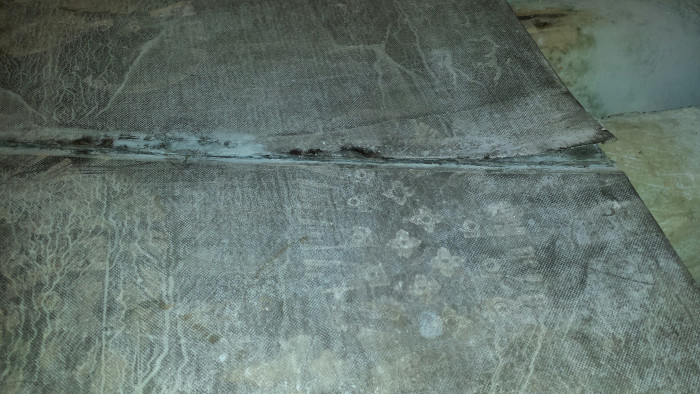
.jpeg)
 Tank.jpg)
.jpg)
